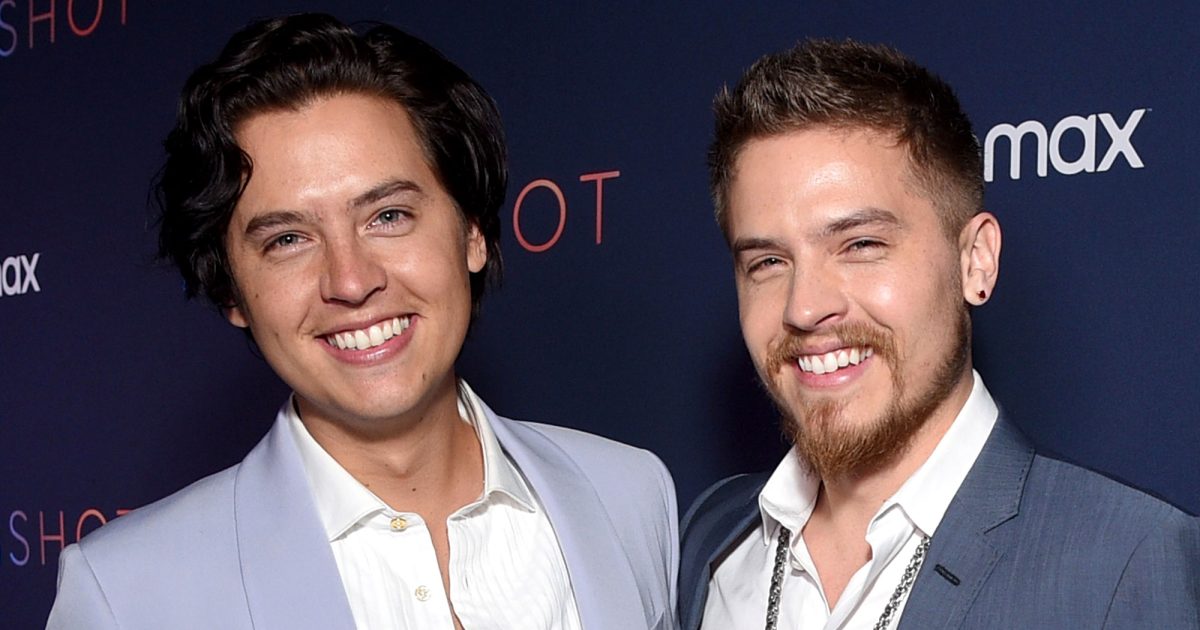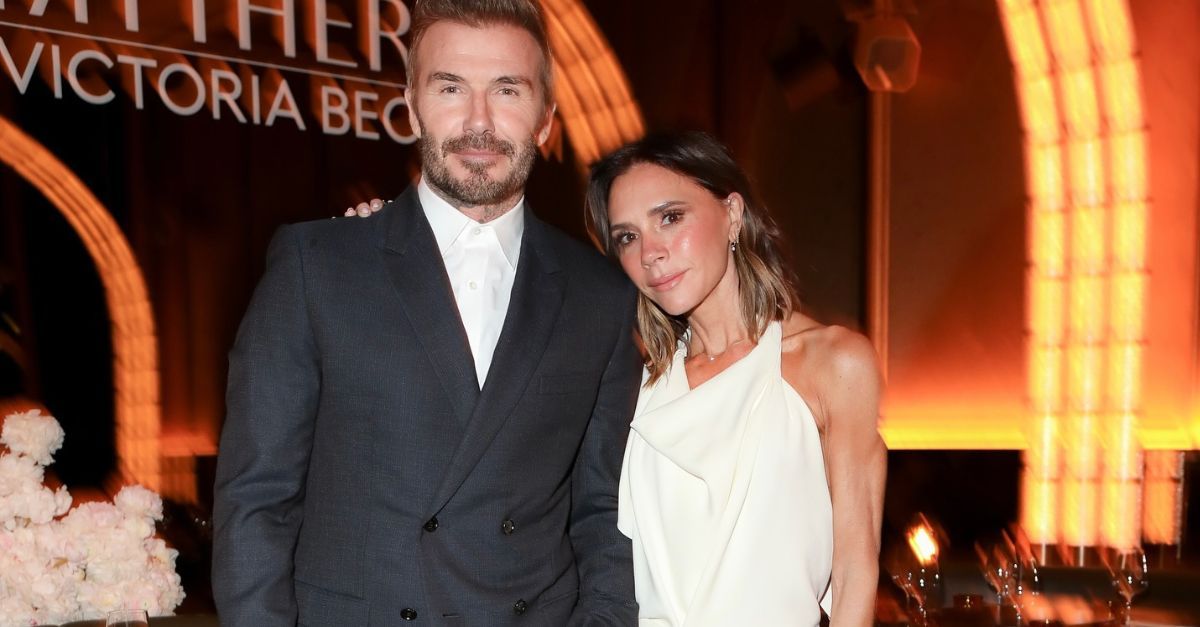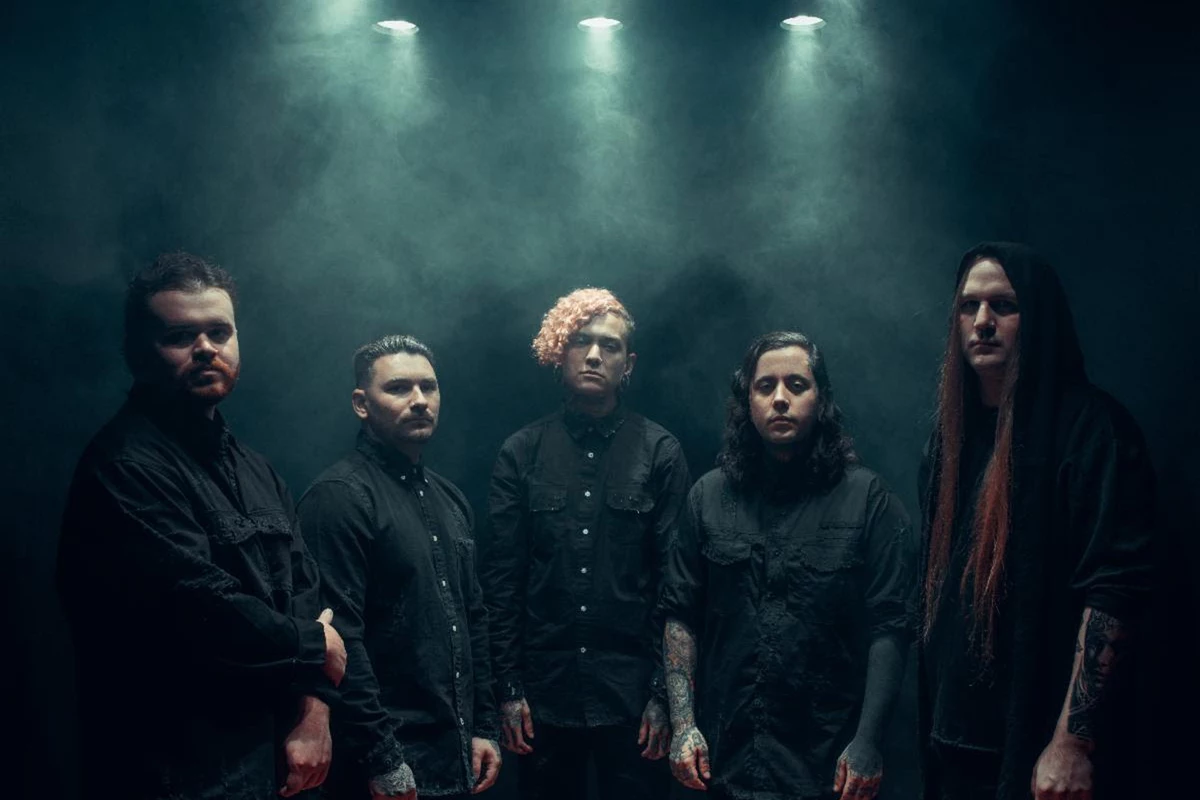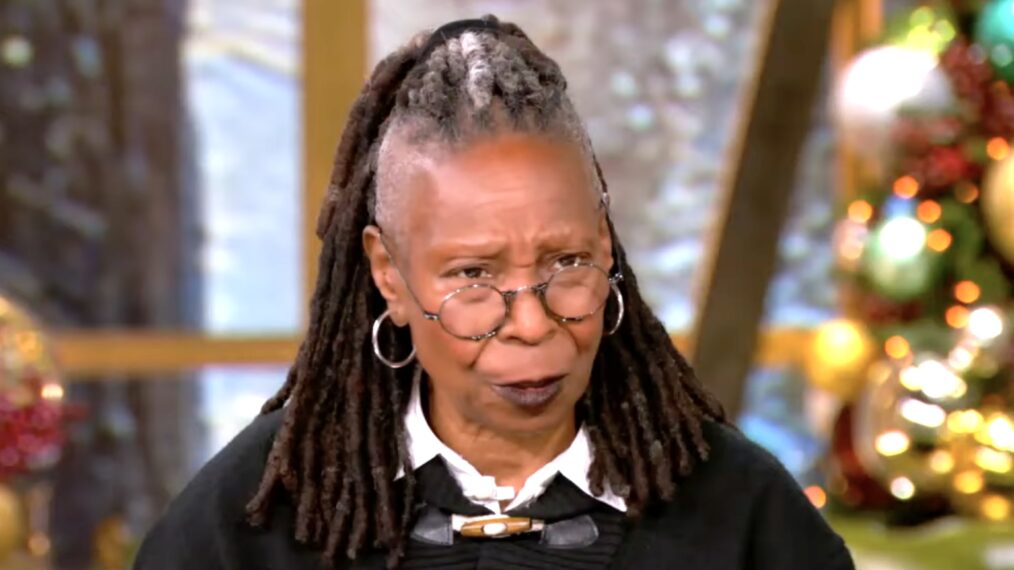Legendary Queen guitarist Brian May has said that their former bassist John Deacon is still “very much part of” the band.
Deacon joined Queen in 1971 and contributed to all of the band’s albums. The bassist departed the music industry in 1997 after recording the Queen single ‘No-One but You (Only the Good Die Young)’. He did not take any part in any of the new iterations of Queen following Freddie Mercury‘s passing.
In an interview with The Guardian, May answered a series of questions put to him by fans. One asked if he had any “inkling” that Deacon would exit Queen for good, and why he thought the reclusive bassist walked away.
The guitarist replied: “All I can say is that, historically, John was quite sensitive to stress. We all found it hard, losing Freddie (Mercury), but I think John particularly struggled.”
He continued: “We did do a couple of things together, in 1996: the recording of ‘No One But You’ – the song I wrote about Freddie when we were putting up the statue to commemorate him in Montreux (Switzerland) – and one show in Paris.

“It was to open the ballet season with an amazing new work by Maurice Béjart, about Mozart and Queen. We played with John on bass, and Elton John sang with us.
“At that moment, John just looked at us and said, ‘I can’t do this any more’. We knew that he at least needed a break, but as it turned out he never came back.”
Explaining how Deacon is still involved in Queen, May added: “I don’t think that I can go into much more detail – we have to respect the fact that John needs his privacy now – but he’s still part of the machinery of the band.
“If we have any major decision, business wise, it’s always run past John. It doesn’t mean he talks to us – generally he doesn’t – but he will communicate in some way. He’s still very much part of Queen.”
In other news, May has said that it’s “not impossible” that the band could discuss playing Glastonbury Festival.
In a new interview with The Guardian, May was asked once again about Glastonbury and whether he and Eavis could settle their differences.
“You can never say never, but it’s a very big matter of principle to me. I am convinced, more than ever, that the badger cull is the greatest crime this country has ever committed against wildlife. It’s completely pointless and the tragedy is immense: you’re talking about nearly half a million native animals killed and it’s not benefited farmers one bit.”













































































